
Personal Medications
Before you leave, ensure you have more than adequate supplies of personal medication. Thargomindah does not have a pharmacy, Cunnamulla and Quilpie are the last places heading this way where you can get scripts filled. Thargomindah does have a Community Health Clinic however scripts can't be filled.

Mobile Coverage
Only Telstra network is available at Thargomindah. Please note, Aldi, Woolworths and any other third party Telstra phones DO NOT WORK out here. Service is limited between towns. If you plan to travel remotely, ensure you have an authentic Telstra phone/sim or satellite phone for the trip. Visit: https://www.telstra.com.au/coverage-networks/our-coverage.
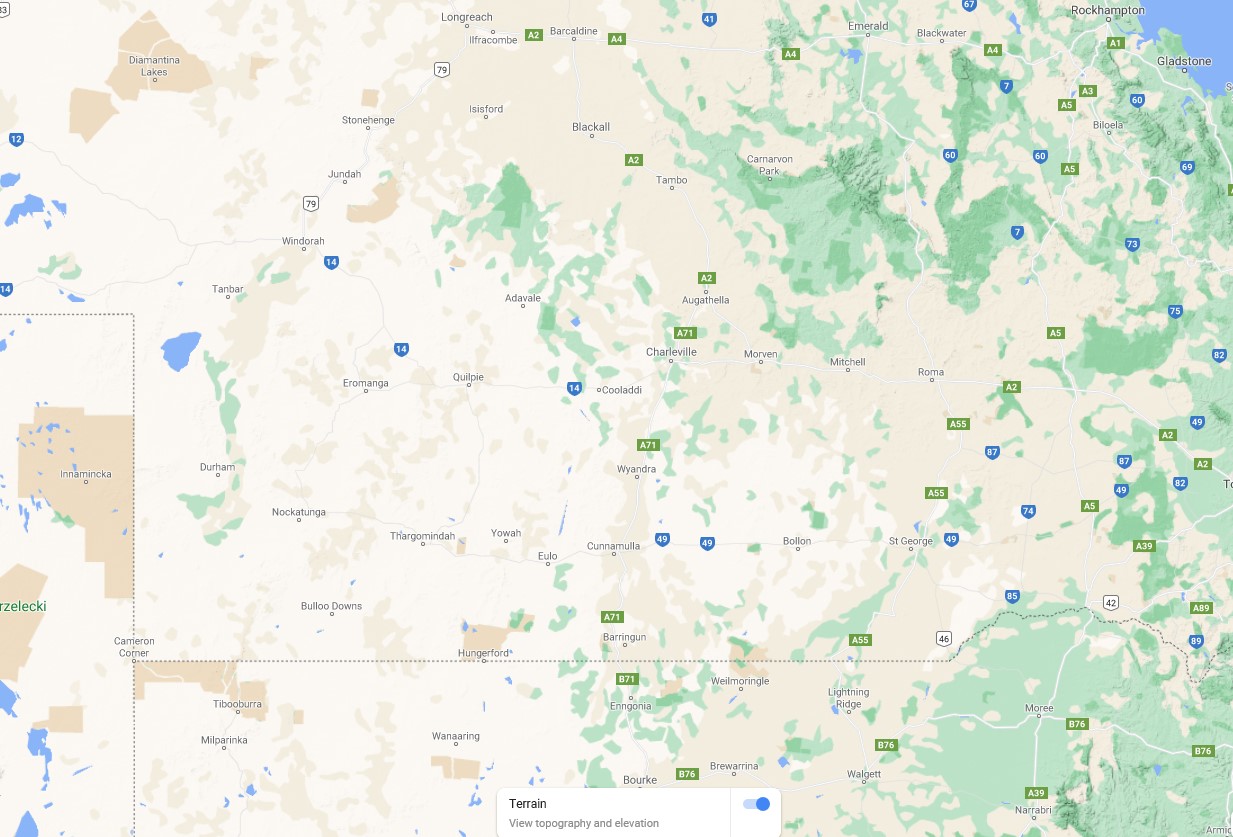
Planning Ahead
In the Outback, a little bit of research and preparation goes a long way for safe travel. Make sure you have a good and current map. Google maps are not fully accurate in the Outback. Heading out here, you need to calculate travel times and distances between stops, prepare alternate routes, especially when travelling during the Australian summer - November to March - as rain and storms can cause flooding, road closures and affect your travel plans.
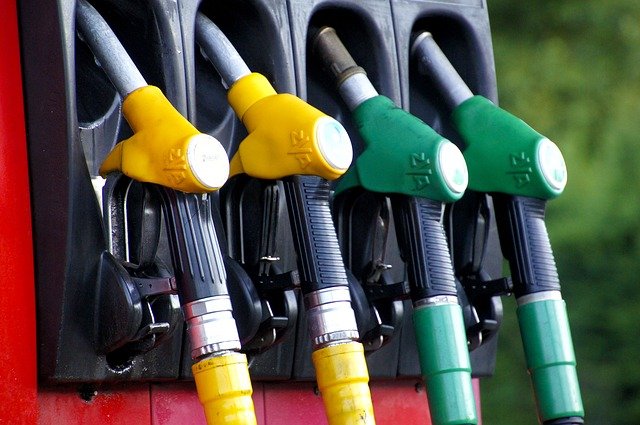
Be prepared for the trip
Outback fuel stops can be over 200kms apart. If you see 'No Fuel for xxkm' signs, it means exactly that. Towing a van uses more fuel resulting in shorter distances between refuelling. Ensure your vehicle and van are mechanically sound, carry a First Aid Kit, plenty of water, spare tyres, essential parts, fuel and tool kit and ensure spare tyre is at correct pressure. There is no 98 unleaded at Thargomindah.
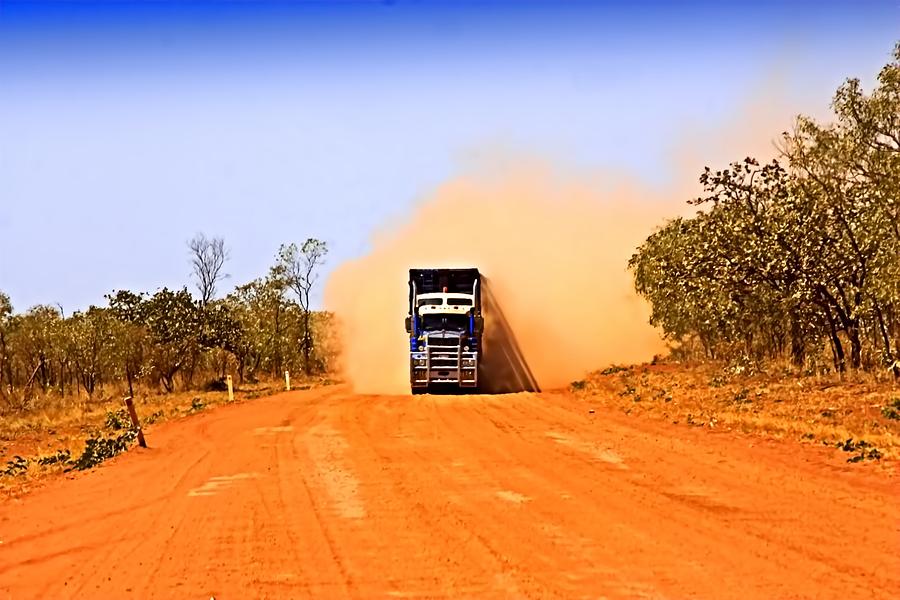
Sharing the road with heavy vehicles
Care should be taken when passing and overtaking heavy vehicles, road trains and caravans. Make sure you have a clear line of sight, allow plenty of room and be prepared for vehicles to move from side to side when overtaking. If a road train is approaching from behind, move as far to the left as possible or pull over completely to let them pass safely.
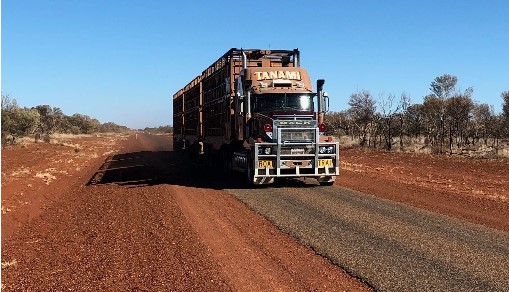
Single Lane Driving
When approaching road trains / heavy vehicles on single lane roads, slow right down and move off the road to the left. If safe to do so, move entirely off the road, avoiding any obstacles on the verge. Road edges are soft or slippery after rain so when pulling off to the left, you should always keep your right wheels on the bitumen and keep moving slowly to avoid getting bogged.
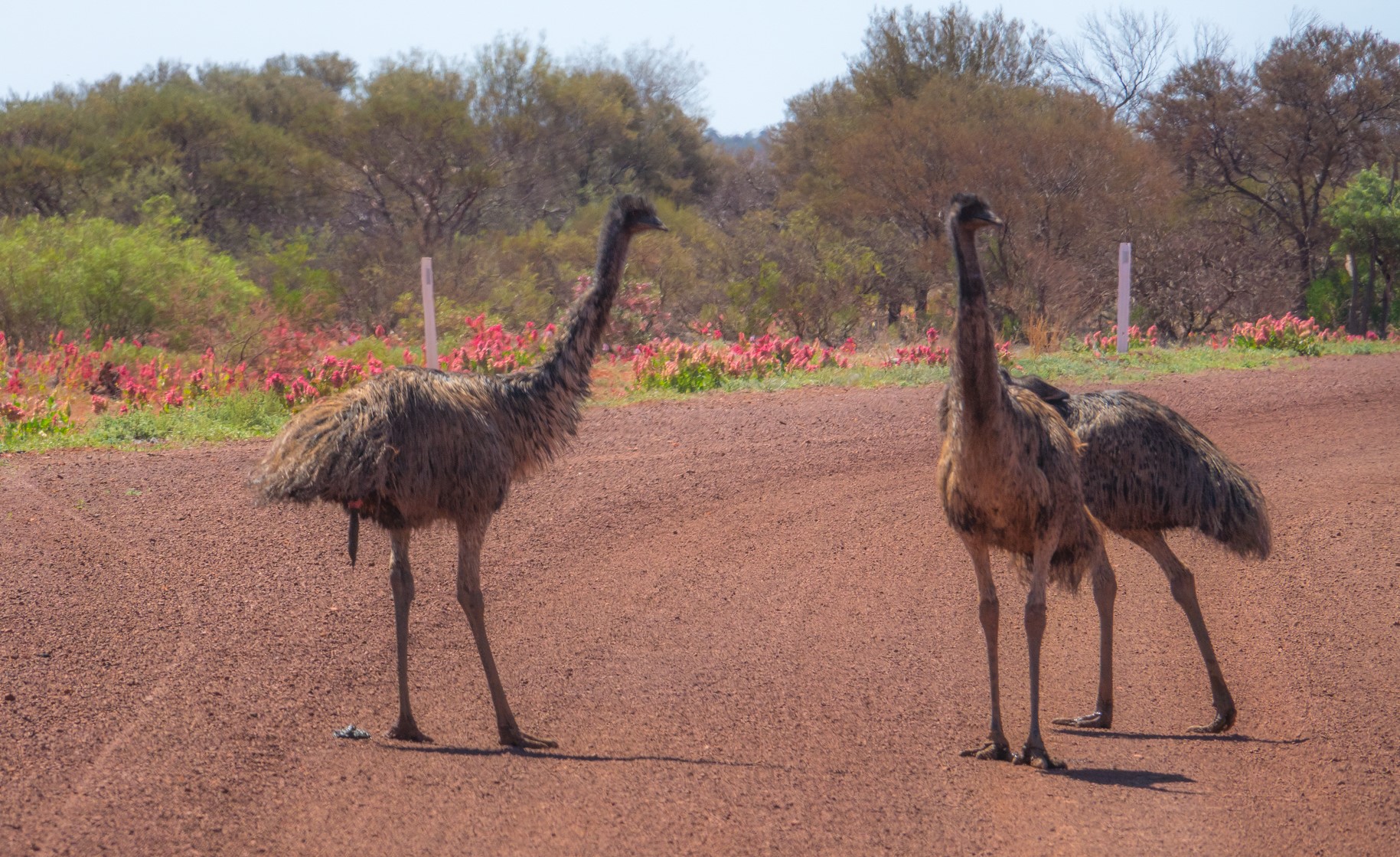
Animals in the Outback
You will often see wild animals or stock near the roadside. Slow down, don't swerve, as this may cause your vehicle to roll. Be wary of emus and kangaroos and patient with cattle. Most incidents involving vehicles and animals occur between 5.30pm and 7am. General rule of thumb is start driving from 7.30am, stopping and setting up camp by 5pm, ensuring you are well rested for the next leg of the journey.
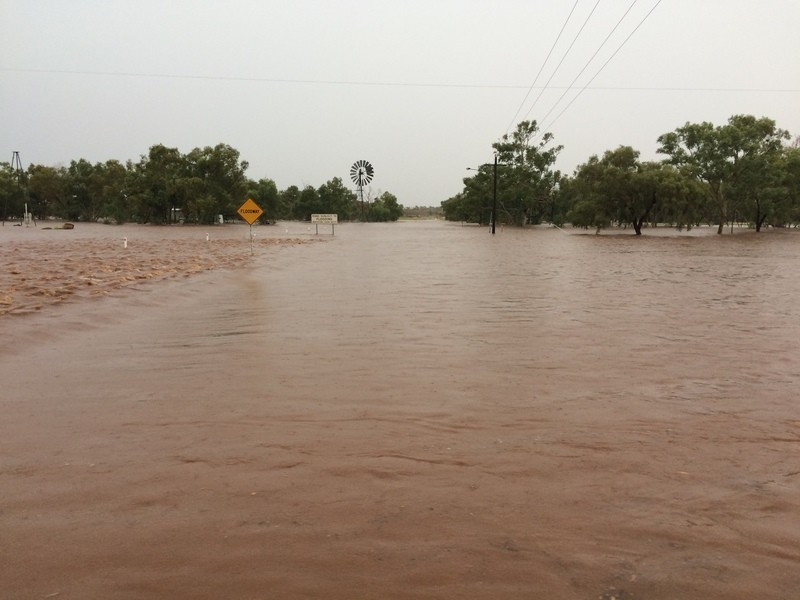
Weather Conditions
Outback Queensland summers are hot, although much less humid than the coast, but most facilities are air conditioned. Storms and heavy rains may occur during summer which can result in areas / towns becoming cut off for short periods. Please ensure you always carry enough food and water if you are travelling during the wet season. Avoid remote free camp sites, staying on bitumen roads, checking road and weather conditions BEFORE travelling.
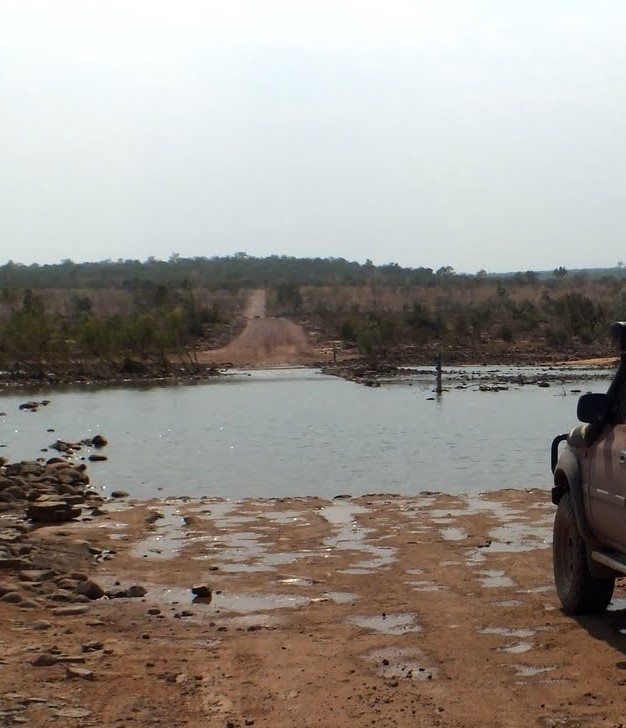
Flooding and water crossings
Water crossings should not be attempted when flooded or signposted as closed. If you are unsure of the crossing or your vehicles suitability, walk into the crossing to test the depth and current, detecting underwater obstacles using a stick. If safe to cross, engage 4x4 low and drive in second gear while keeping up momentum, until you reach dry ground. Recomended safe levels for crossing are: 0.2m for small / light vehicles, 0.4m for light trucks and 4X4 and 0.6m for heavy vehicles. If a road is flooded out here, DO NOT attempt to cross. Please check local road closure reports by calling the Visitor Information Centre on 07 4621 8095 or Click Here for current road conditions. If you don't feel confident - DO NOT ATTEMPT TO CROSS!
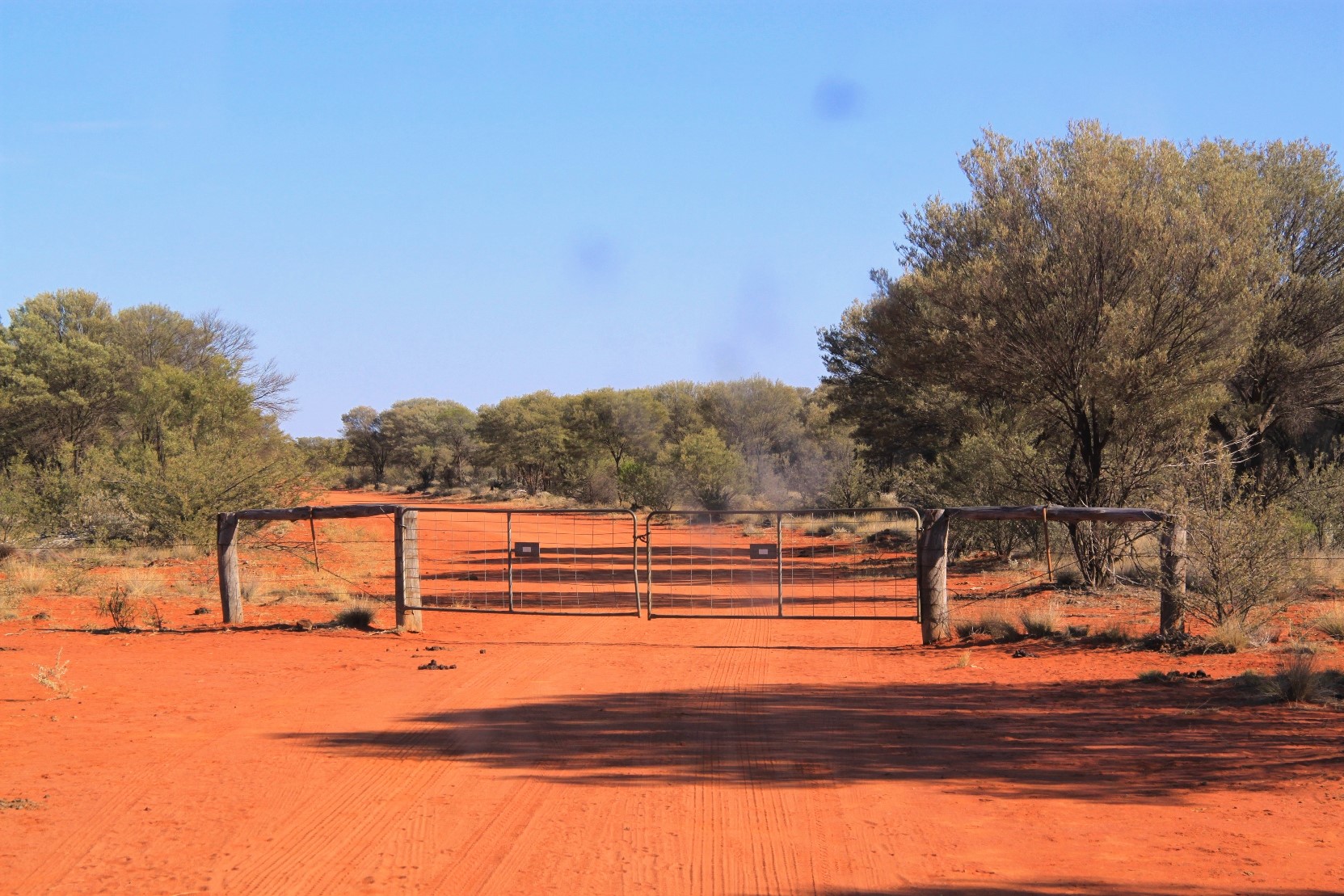
Outback Properties / Stations
During your travels in the Outback, you will see many dirt roads or driveways beside the main highway. These are usually privately owned stations and gated. Please do not enter these properties unless you have permission or are in need of help. Camping is NOT permitted in these areas. If you do have cause to enter properties, ensure you leave the gates in the same way you found them.
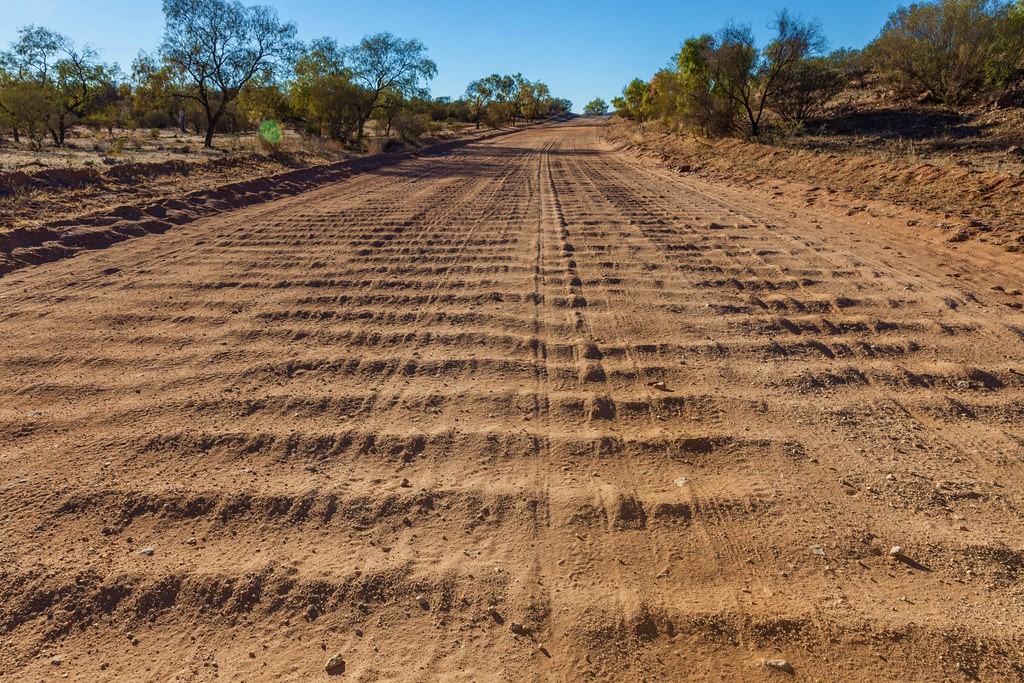
Impact on roads and environment
Depending on your driving, you can be a welcome visitor or someone who causes damage to wildlife and roads. Low impact driving means staying on existing roads and tracks and give way to animals. If you become stuck, try to avoid using trees for winching. If you have no choice, use tree protectors. Wash your vehicle thoroughly before and after trips to prevent the spread of weeds.
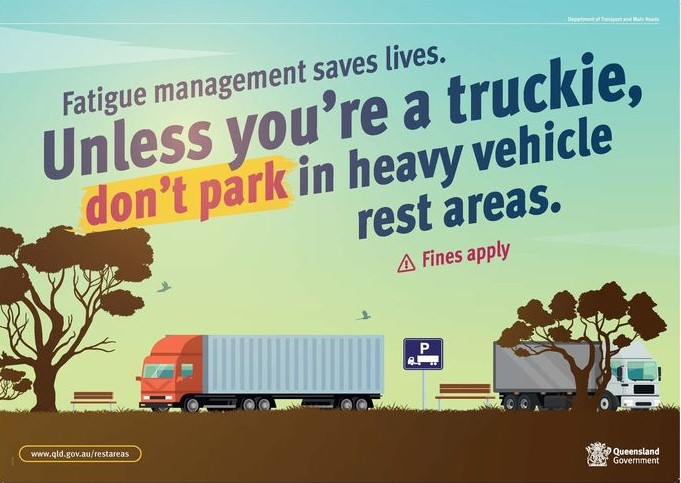
Designated Rest Areas
Dedicated Truck Stops are NOT designed as free camp sites and generally caravans and RV's are not permitted. Unless signposted, overnight stays are NOT permitted. There are general use rest areas that can be used by trucks, cars and recreational vehicles. Trucks, B-Doubles and Road Trains require long, wide spaces to enter, park and leave the rest areas and this occurs mostly at night. If you must stop in a truck rest stop, please park at one of the very ends of the bay to leave plenty of room for trucks to enter and depart. Click for info
